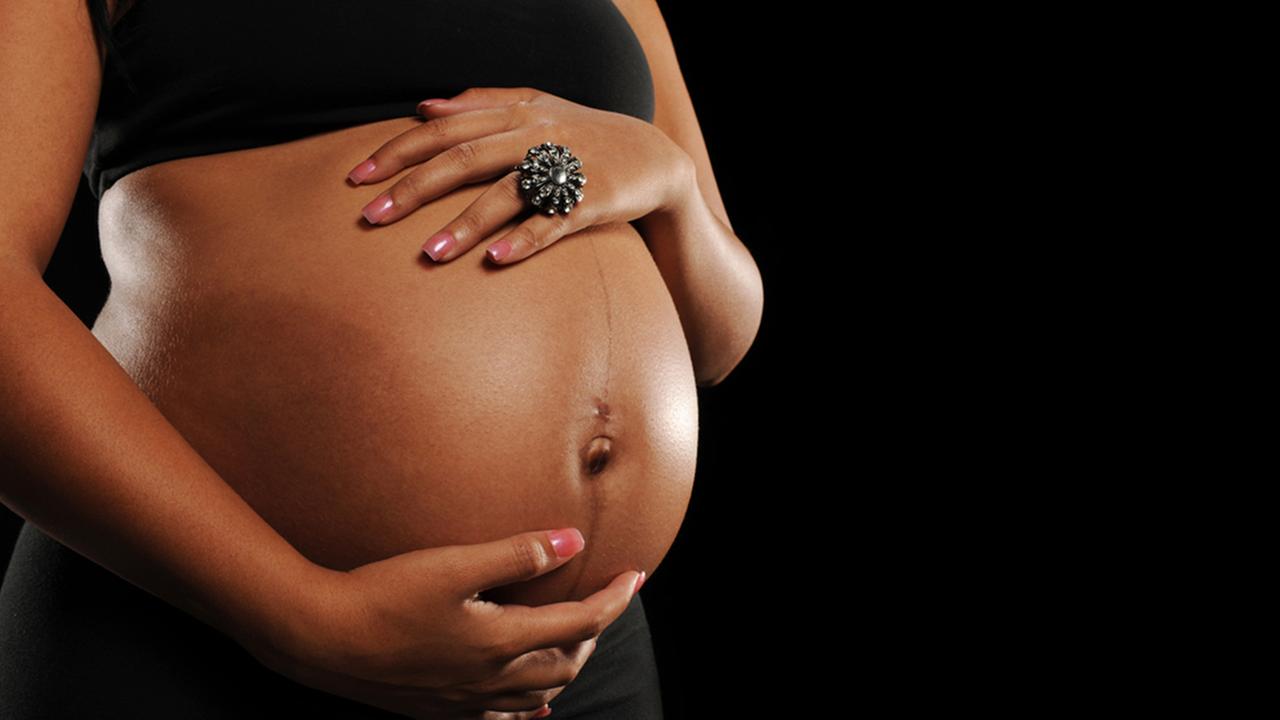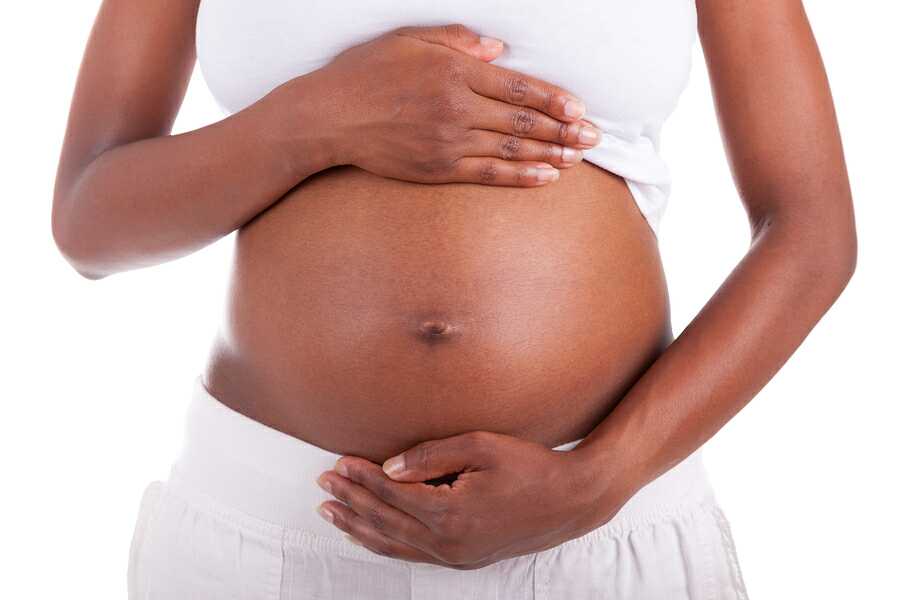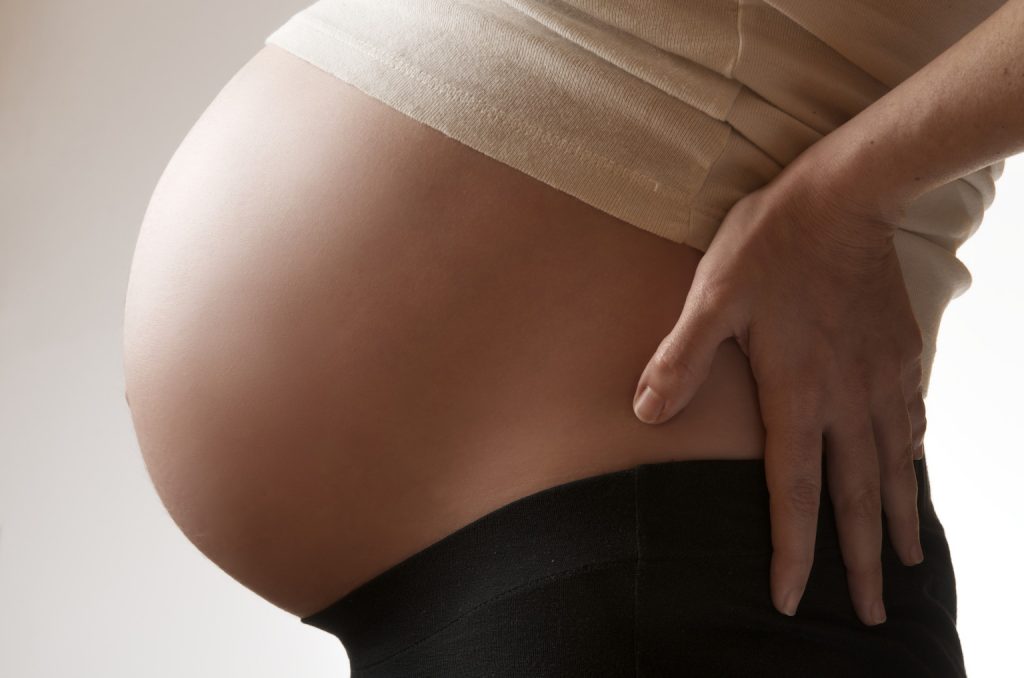“The doctor told me that I had delivered an intersex baby and after explaining to me what this meant, he advised me to take it to Mulago National Referral Hospital for surgery. To say I was shocked is an understatement. I did not know whether my child would survive,” Shamira Namaganda recalls.
It was joy when 24-year-old Namaganda and her husband Ibrahim Waiswa, residents of Buyengo village, Tome Sub-county in Buvuma District, welcomed their baby girl, Mercy Namayanja on April 4, 2015.
Namaganda delivered by cesarean section at Kawolo Hospital in Buikwe District and both parents were eager to meet their bundle of joy. Although this joy was short-lived, the couple purposed to stay together and look after their child.

What it means
Intersex, or differences of sexual development (DSD), is an umbrella term that refers to people born with variations in sex characteristics that do not fit into the typical binary definition of boy or girl. Although some parents may have heard of this term, many who find themselves in a similar situation are shocked to realise that babies can be born with anything other than a penis or vagina.
“She has a very tiny hole from where she urinates a condition described by doctors as Clitoromegaly (an enlarged clitoris). The clitoris continues to grow because when she was born, it was small. She does not have all complete characteristics of female private parts or that of a male,” Namaganda explains.
Stigma
Namaganda says she is currently in fear of her child being ridiculed because of her condition.
“When I am bathing her, I make sure that no one sees her private parts because I do not want her to become a laughing stock. Some of my neighbours know about her condition and I worry that they will spread the news to other people who will make my child feel out of place,” Namaganda says adding that her friends have advised her to take the child to a traditional healer because they believe she was bewitched while still pregnant.
Medical report
Findings after medical examination of the child from ECOS Imaging Centre in Wandegeya, Kampala on November 30, 2017 signed by Dr Nobert Katongole, a radiological officer, indicate that the child is a female Pseudo-hermaphroditism.
“A small uterus is visualised, two ovaries are seen, the urinary bladder appears normal, no testicular is observed and the glands and kidneys appear normal. Findings are of urogenital sinus malformation [commonly associated with the urethra and vagina opening in one aperture] and suggests female Pseudo-hermaphroditism, ” the report reads in apart.
In a medical letter dated January, 24, 2018, doctors from Mulago National Referral Hospital where the baby was referred, recommended surgery.
Experts speak
Dr Paul Kaduyu, a gynecologist /Obstetrician, says a baby may develop two sexual organs due to mother’s exposure to chemicals or drugs which contains male or female hormones.
“The condition may develop if during the early stages of pregnancy the mother is exposed to chemicals such as those found in some of the lotions we use and drugs, especially those which have male or female hormones,” he says.
Dr Kaduyu adds that sometimes genetic mutation [genetic disorder] may occur during the formation of an embryo.
“In this case where it is a mistake in the genes that the embryo may develop without certain critical organ that defines a male or female. These are people you find when the uterus did not develop, the vagina did not develop and a person looks female with everything but when you check, there is no vaginal opening but with a very tiny opening which passes urine and an elongated clitoris,” he says.
Dr Angella Namala, an Obstetrician/gynecologist from Jinja Regional Referral Hospital, urges parents with children who have ambiguous genitalia to take them for examination in order to know whether the child is genetically male or female.
“Especially for female with ambiguous genitalia they have along clitoris and a closed vaginal, sometimes when it was a mistake in the growth, they have testicular which produces male hormones. It is very important while screening these children to find out where these testicular tissues exist so that they can be removed,” she says.
Dr Namala adds: “Testicular tissues behave in a way that if it is at abnormal temperature, it can easily become cancerous so they must be removed.”
She says chances of such a female child with ambiguous genitalia to have children in future are low but a surgery on the genitalia must be conducted to make the baby more female or male. Dr Fahad Muyomba, a pediatrician at Whisper’s Magical Children’s Hospital in Jinja, says the cause of intersex condition is not known but genital reshaping surgery can be done successfully.
Research
According to August 2015 survey by the Support Initiative for People with Congenital Disorders (SIPD), an intersex health and rights organisation, Uganda does not have a laboratory to perform chromosomal tests for children to help determine sex and genital reshaping surgeries are often flawed.
It indicated that a few surgeries have been attempted to alter ambiguous genitalia in infancy but most of these have been unsuccessful and the intersex children have ended up developing physical characteristics of the opposite sex at puberty.
The survey also indicated that Most intersex children in Uganda are assigned female at birth and raised to identify as women, but for many intersex women, female biological milestones, such as menstruation and breast development do not necessarily follow. Instead, some are faced with changes associated with male puberty, such as beard growth, body hair and voice deepening.
A large number of intersex adults are dissatisfied with the results of childhood genital surgery; the study authors recommends that surgical decisions be postponed until adolescence or adulthood, when the patient can give informed consent.

After realising that performing genital reshaping surgery on intersex children at birth or soon after is harmful, Uganda Parliament issued guidelines in 2015 to the Ministry of Health advising against surgical intervention for intersex infants.
Complications
According to Medical researchers, genital reshaping surgeries often do not work out as planned. They can cause lifelong physical and psychological pain, scarring, lost sexual sensation, ridicule and stigma, which can lead to suicide attempts and higher rates of school drop-out. Sometimes the procedures also involve involuntary sterilisation.
SIPD now advocates for the ‘best guess’ non-surgical approach where an intersex child should be raised in the best-suited gender, without irreversible surgical intervention because only the affected person can decide whether to take on these risks.
This can be done when the child is old enough to participate in the decision-making process and when they have also shown more features of either sex.
Financial constraints
However, Namaganda says she cannot afford to pay for the surgery since the doctors told her that if the genital reshaping surgery is to be conducted in India or US, it will cost Shs50m and Shs10m at Mulago.
Statistics
According to Support Initiative for People with Congenital Disorders, at least three children are born with an intersex condition at Mulago National Referral Hospital, every week.
However, the condition affects up to 1.7 per cent of the world’s population according to the United Nations.

